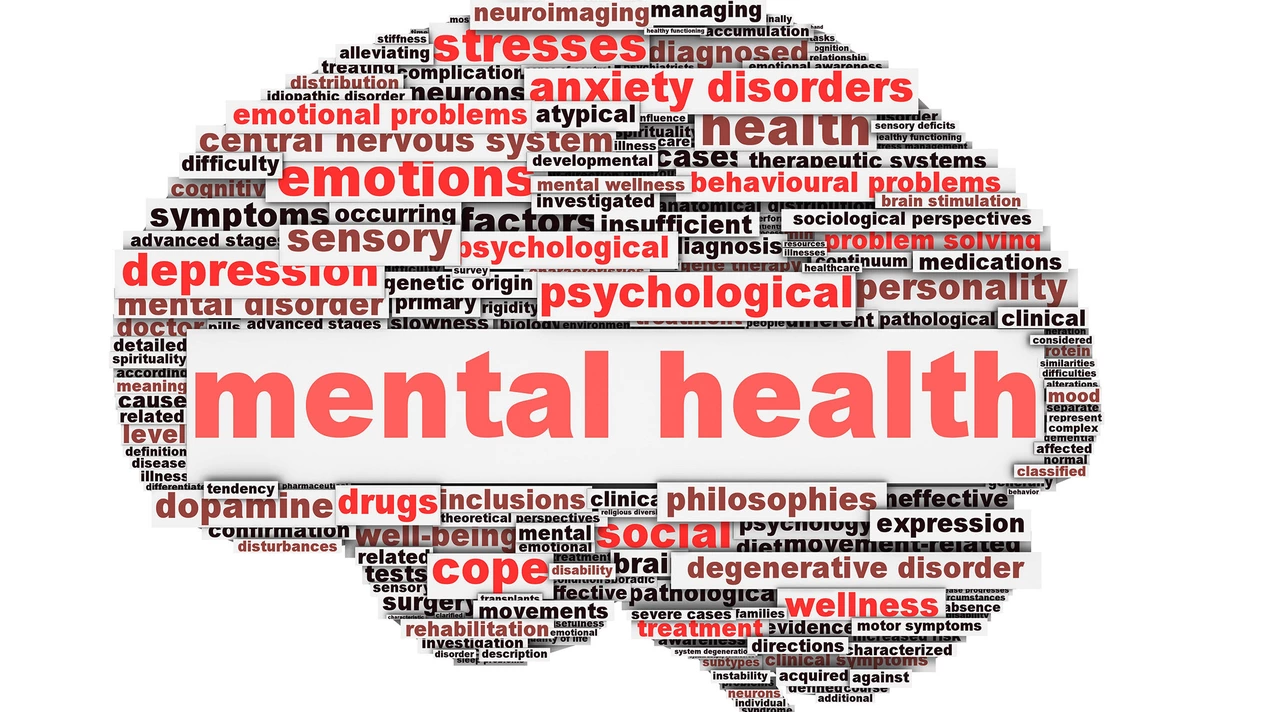Mental health: clear, practical guides on sleep, meds, and everyday care
About 1 in 4 adults faces a mental health issue each year — and most people just want clear, usable advice. This tag page groups our best articles on sleep, anxiety, nerve pain, medication choices, and natural remedies so you can find real help without wading through medical jargon.
What you'll find here
We cover three useful types of content: plain-language drug guides (how a med works, common side effects, who should avoid it), natural and lifestyle approaches (sleep herbs, digestion, gut-health links to mood), and practical shopping advice (how to buy meds online safely and compare prices). For sleep help, check “Sleep Tight with Valerian: Natural Remedies for Insomnia and Anxiety.” For nerve pain alternatives, read “Neurontin Alternatives: 9 Options That Could Work Better for You.”
Many posts give step-by-step tips you can use right away. For example, our buying guides explain how to spot legit online pharmacies and what paperwork you should expect. Our medication comparison pieces list trade-offs so you can talk to your clinician with specifics — not vague worries.
Quick, practical tips you can try today
Sleep: keep a steady bedtime, dim lights an hour before bed, and avoid heavy meals late. If you try supplements, our Valerian guide explains dose ranges and side effects so you don’t guess. Anxiety: try a 5-minute breathing routine (inhale 4s, hold 4s, exhale 6s) when you feel overwhelmed — it’s simple and backed by clinical breathing research.
Medications: if a drug isn’t working or causes bad side effects, don’t stop abruptly. Use our “Neurontin Alternatives” article to learn other options and bring those names to your prescriber. If cost is the issue, see pieces like “Sildenafil Citrate Cost” or price-comparison guides to find safer savings routes.
Shopping online: only use pharmacies with a verifiable license, clear contact details, and secure checkout. Our pharmacy reviews explain red flags like no prescription requirement for controlled meds and weirdly low prices that sound too good to be true.
When to get help now: if you’re thinking about harming yourself, feel unable to care for daily needs, or experience sudden severe mood changes or hallucinations, seek emergency care or call your local crisis line. If symptoms are persistent but not urgent, make an appointment with a primary care doctor or mental health professional and bring notes from the articles you read here.
If you want a quick start, use the site search for terms like “insomnia,” “anxiety,” or “medication alternatives.” You can also contact us directly via the Contact page for questions about specific articles. Read with purpose, save the useful links, and talk with a clinician before changing any treatment.

The Psychological Effects of Living with Bone Damage
Living with bone damage has a significant impact on our mental health, as it often leads to chronic pain and limited mobility. This can cause feelings of frustration, helplessness, and isolation, as we struggle to perform daily tasks and participate in social activities. Furthermore, the constant pain can disrupt our sleep patterns, leading to increased stress and anxiety. It's crucial to seek professional help to manage these emotions effectively, and to maintain a support network of family and friends who can provide understanding and encouragement during challenging times. By addressing the psychological effects of bone damage, we can work towards improving our overall quality of life.
More Detail